Currently, water use risks leaving half the world facing severe scarcity by 2030 as demand outstrips supply. The linear way our societies and industries think about water – constantly extracting it for use and then dumping it back into oceans and rivers – is unsustainable in a world facing the challenges of a growing population and climate change.
‘Natural water resources are not endless,’ said Dr Christos Makropoulos, Associate Professor at the National Technical University of Athens, Greece, and the Chief Information Officer of KWR, a water research institute in the Netherlands. ‘They are very dependent on a stable climate, which is currently changing – and we’ve based our entire economy and livelihoods on them just being available whenever we need them.’
The United Nations believes there could be enough water to meet the world’s growing needs, but only if we find a better way to make the most of every drop. One way to do this is to think about water in terms of the circular economy – keeping water within social or industrial systems for as long as possible and simultaneously extracting additional value from it.
‘If you manage to treat and reuse wastewater, and extract useful materials and energy, like nutrients that could become fertilisers for agriculture, or added-value compounds for the chemical industry – you are both protecting the environment and shielding your cities and industries (from water scarcity),’ said Dr Makropoulos.
Water mining
He is the co-coordinator of NextGen, a project demonstrating different circular water technologies across ten different sites in Europe. In the Netherlands they are using engineered ecosystems to treat and reuse wastewater from a brewery. In the United Kingdom, they are developing technologies to extract methane gas from wastewater treatment plants so that it can be used as an energy source.
They even have a portable wastewater mining unit in Greece that extracts sewage, cleans it using tiny membranes, disinfects it and then irrigates public parks.
The technologies at all ten sites use water in ways that reduce the amount that needs to be extracted and therefore enhances regional resilience against water scarcity. Most of these solutions were developed prior to NextGen’s inception, but the project is helping to refine and advance the technology while also showcasing their potential on a bigger, more commercial stage.
‘In each site we demonstrate a different set up that closes the cycle in terms of energy, water or resources, or sometimes a combination of all three,’ said Dr Makropoulos. ‘Part of the ambition here is to use these sites as living labs, in other words as spaces where people – like schools, regional authorities or municipalities, or businesses – can visit and understand how they work.’
This is a crucial step in convincing local governments and businesses to change how they think about water – that it is a renewable resource rather than a commodity to be exploited. In the past, circular technologies struggled to scale up because regulators and the market did not appreciate their potential and failed to create the commercial environment needed to drive demand.

‘If you extract useful materials, like nutrients that could become soil enhancers or compounds for the chemical industry, you are both protecting the environment and shielding your cities and industries (from water scarcity).’
Dr Christos Makropoulos, KWR, Netherlands.

These ‘living labs’ are also a tool to help regulators see the need to change legislation, added Dr Makropoulos. Outdated definitions and regulations of waste are currently standing in the way of some resources extracted from wastewater entering the market or becoming cost-competitive.
According to Ilaria Schiavi, a resource management expert at IRIS, an Italian sustainable technology business, many European countries struggle to grasp how the circular economy works in practice.
‘Not many countries have circular economy strategies and the ones that do are still figuring out how actions can trickle down to planning on the ground,’ she said.
This could mean that opportunities to create systems that reduce a region’s water demand are missed in major development projects, which can lock areas into the current use-and-discard water culture.
‘The approach to water has been that it will always be there and we don’t need to think about it when enlarging a city,’ said Schiavi, who is also the project coordinator of Project Ô, which aims to demonstrate different technologies and approaches to circular water management. ‘But that’s not true anymore.’
Lower bills
The researchers are developing software to help local authorities and businesses analyse and understand the economic benefits of sustainable water strategies, such as the amount of money saved by rewarding those who use less water with lower bills. They are also demonstrating wastewater recycling technologies that ease the pressure on existing sewage treatment sites alongside strategies for using alternative sources of local water, like rain or from industrial sources.
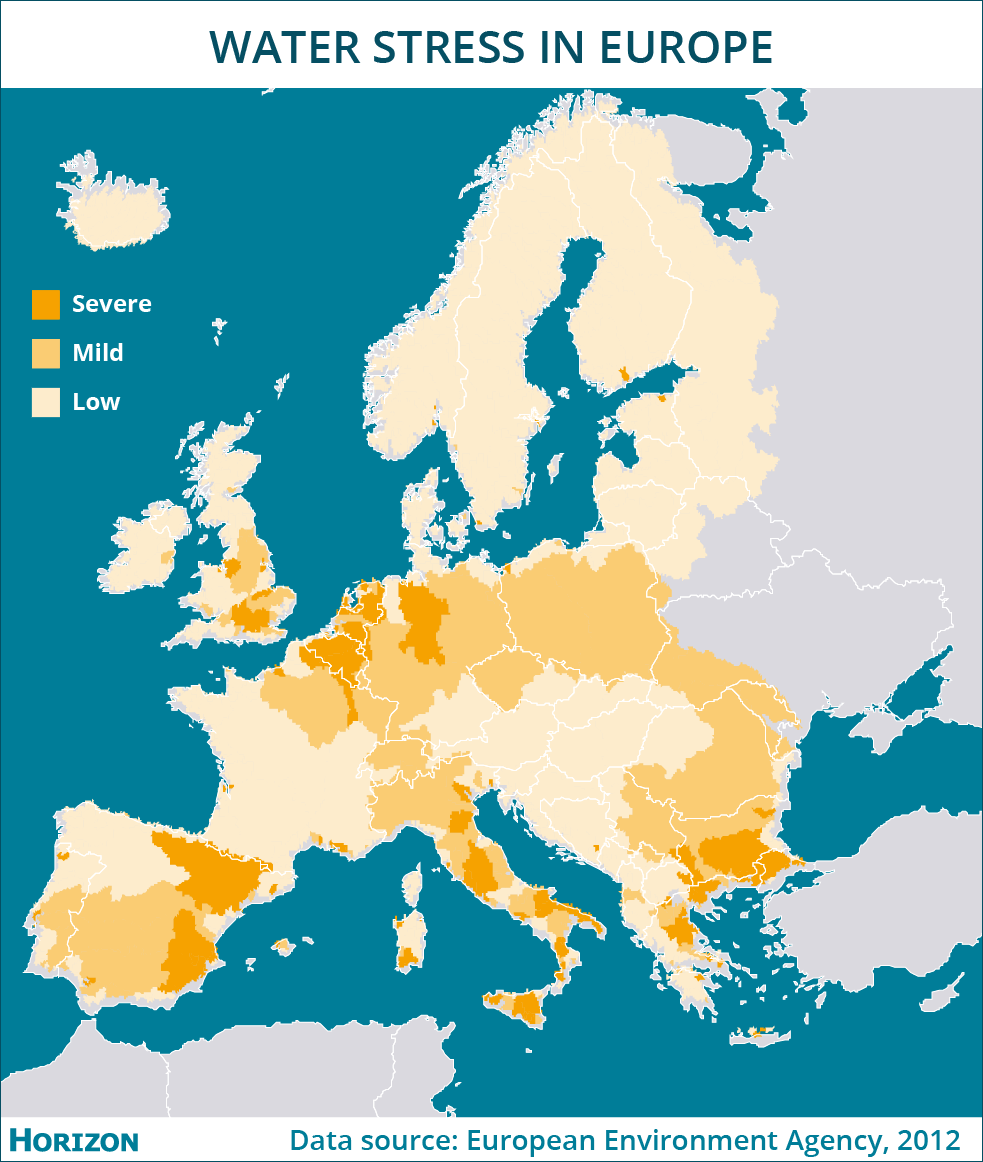
Most existing water treatment plants were built to deal with domestic sewage, but with growing pollutants from nearby industry and changing habits in society, like the increased use of antibiotics, plants now have to cope with contaminants that they were not initially designed for. This cocktail of pollutants makes it more expensive to clean the water, but also harder to extract any resources that could be reused.
‘We are trying to act on the contaminants close to the source of the contamination because they are concentrated enough to be effectively treated,’ said Schiavi.
The project team has already helped install a treatment plant at an Israeli aquaculture research centre that would enable 100% recycling of the water, thus eliminating the need to take more out of the ocean.
The plant uses algae to treat the wastewater, which pulls nutrients out and these are then used for feeding locally farmed fish or as a feedstock for nutraceutical (dietary supplements) or other industrial applications. This circular approach also prevents the wastewater being dumped back into the environment, where it can trigger huge blooms of toxic algae that can suffocate other marine life.
‘The best way to prevent waste is not to generate it and that’s the same approach we want to create with wastewater,’ said Schiavi.
The research in this article was funded by the European Union. If you liked this article, please consider sharing it on social media.

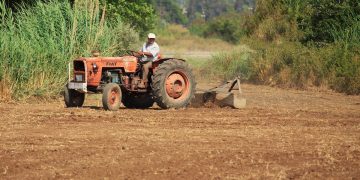
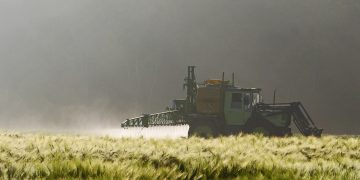

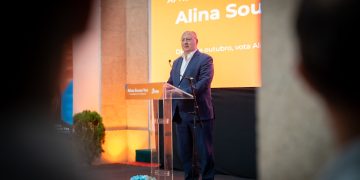
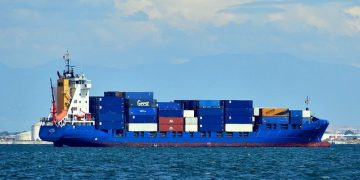

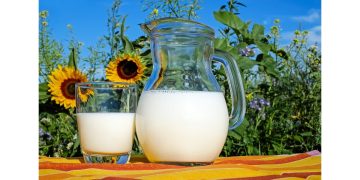
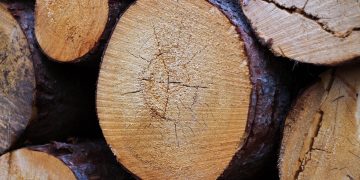


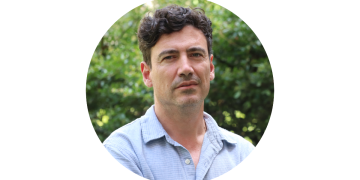







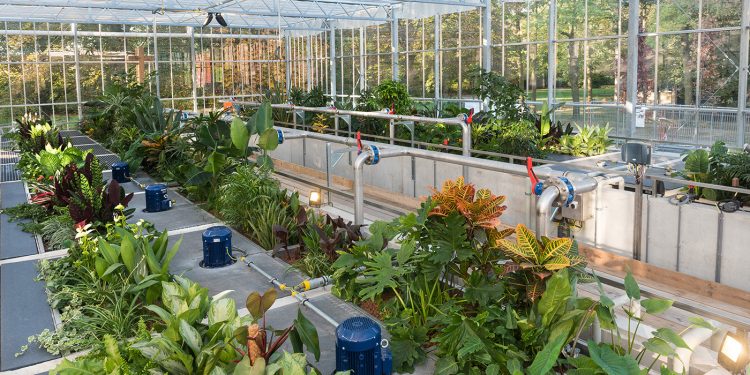
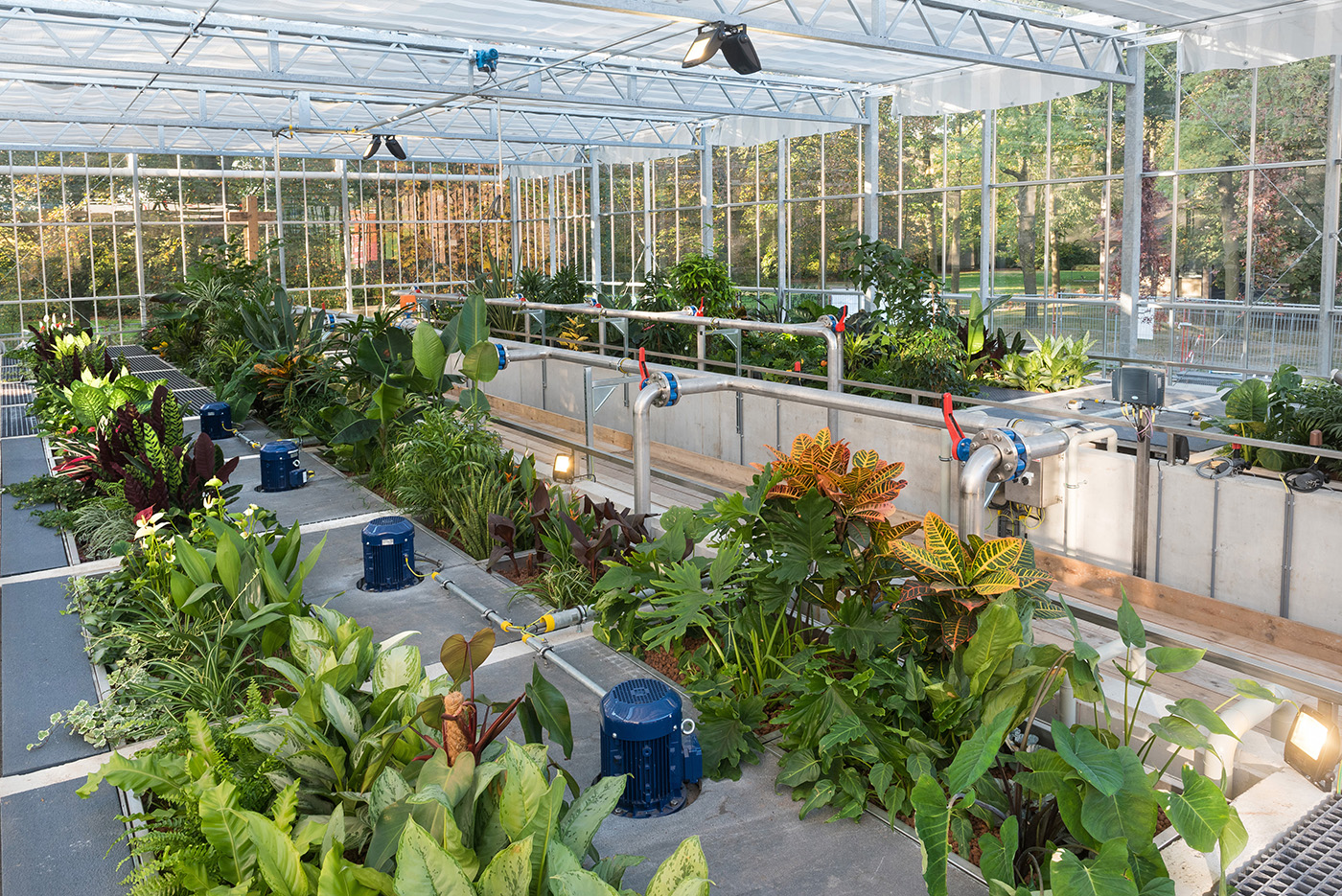
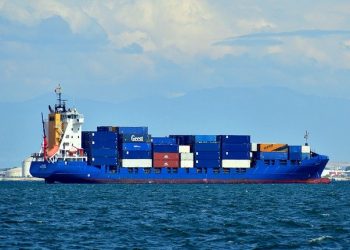
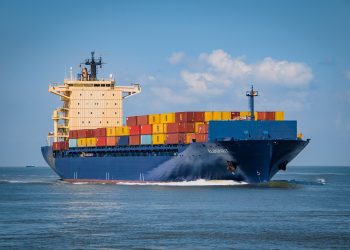
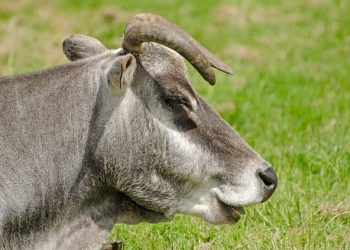



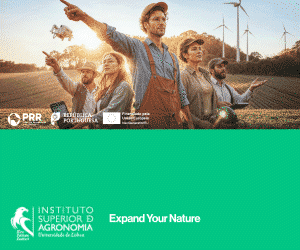




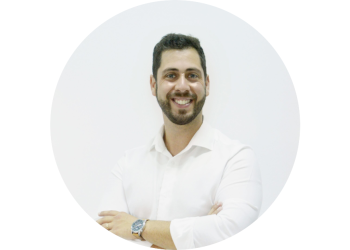
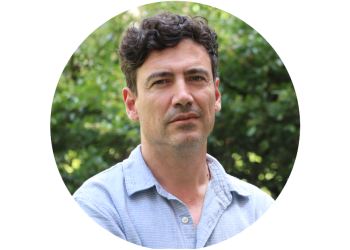



















Discussão sobre este post